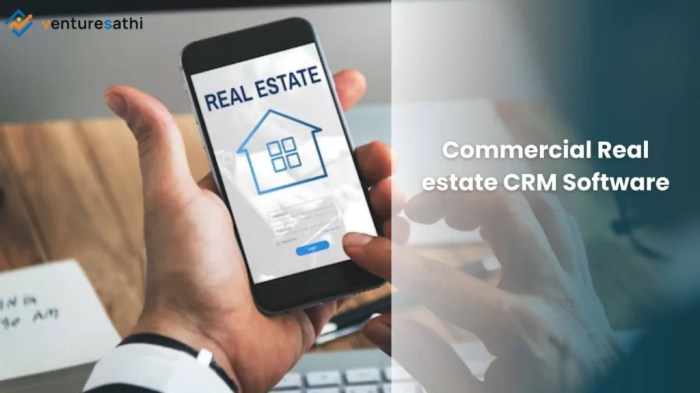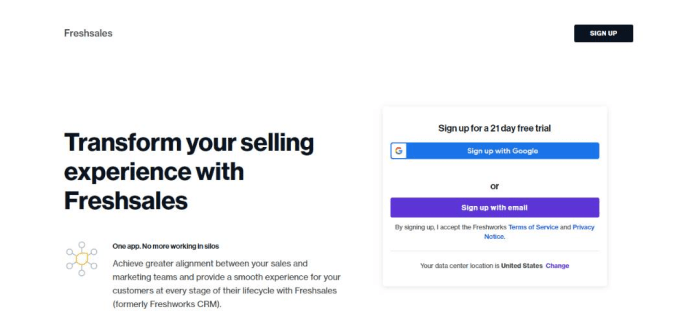The commercial real estate (CRE) industry is a dynamic and competitive landscape. Success hinges on efficient lead management, robust client relationships, and meticulous deal tracking. This is where Commercial Real Estate CRM software steps in, transforming how professionals manage their businesses and ultimately, boosting their bottom line. This detailed guide explores the intricacies of CRE CRM software, its benefits, key features, and how to choose the right solution for your needs.
Understanding the Power of Commercial Real Estate CRM Software
A Commercial Real Estate CRM (Customer Relationship Management) system is a specialized software designed to streamline and optimize all aspects of the CRE sales process. Unlike generic CRM platforms, CRE-specific solutions are tailored to address the unique challenges and opportunities within the industry. They provide a centralized hub for managing leads, contacts, properties, transactions, and marketing efforts, fostering better communication, collaboration, and ultimately, increased profitability.
Key Benefits of Implementing a CRE CRM:
- Improved Lead Management: Capture, qualify, and nurture leads more effectively. Track interactions and identify high-potential opportunities.
- Enhanced Client Relationships: Maintain detailed client profiles, track communication history, and personalize interactions for stronger relationships.
- Streamlined Deal Tracking: Manage the entire deal lifecycle from initial contact to closing, ensuring timely progress and minimizing delays.
- Increased Efficiency and Productivity: Automate repetitive tasks, freeing up time for strategic activities and improving overall team productivity.
- Better Collaboration: Facilitate seamless information sharing and collaboration among team members, brokers, and other stakeholders.
- Improved Reporting and Analytics: Gain valuable insights into sales performance, marketing effectiveness, and overall business trends.
- Enhanced Marketing Capabilities: Integrate marketing automation tools to target specific audiences and nurture leads through personalized campaigns.
Essential Features of Top-Tier Commercial Real Estate CRM Software
While features can vary depending on the specific software, several core functionalities are crucial for a robust CRE CRM solution:
Core Features:, Commercial real estate crm software
- Contact Management: Detailed contact profiles with comprehensive information, including communication history, property preferences, and deal history.
- Lead Management: Tools for capturing, qualifying, and nurturing leads, including lead scoring and automated follow-up sequences.
- Property Management: Centralized database for managing property listings, including photos, descriptions, and key details. Integration with MLS feeds is a significant advantage.
- Deal Management: Tracking of deals throughout the entire lifecycle, from initial contact to closing, with customizable workflows and progress tracking.
- Document Management: Secure storage and organization of important documents, such as leases, contracts, and financial statements.
- Communication Tools: Integrated email, SMS, and calling features to streamline communication with clients and colleagues.
- Reporting and Analytics: Customizable dashboards and reports to track key performance indicators (KPIs) and gain valuable business insights.
- Integration Capabilities: Seamless integration with other essential business tools, such as accounting software, marketing automation platforms, and email marketing services.
- Mobile Accessibility: Access to the CRM system from anywhere, anytime, using mobile devices.
- Customizable Workflows: Ability to tailor workflows to match specific business processes and improve efficiency.
Choosing the Right Commercial Real Estate CRM Software
Selecting the right CRM is a crucial decision. Consider these factors:
Factors to Consider:
- Budget: CRM solutions range in price, from affordable options to enterprise-level platforms. Determine your budget and choose a solution that fits your financial constraints.
- Scalability: Ensure the CRM can adapt to your growing business needs. Choose a solution that can handle increasing volumes of data and users.
- Features: Prioritize the features that are most important to your business. Consider your specific needs and choose a solution that offers the necessary functionalities.
- Integration Capabilities: Check for seamless integration with other business tools you use, such as accounting software, marketing automation platforms, and email marketing services.
- User-Friendliness: The CRM should be easy to use and navigate. Look for intuitive interfaces and comprehensive training resources.
- Customer Support: Choose a vendor that offers excellent customer support and readily available assistance.
- Security: Ensure the CRM provider adheres to robust security protocols to protect your sensitive data.
Top Commercial Real Estate CRM Software Options (Examples – Always research current market leaders)
The market offers a variety of CRE CRM solutions. Research is key to finding the best fit. Some examples (Note: This is not an exhaustive list and market positions change frequently. Independent research is crucial):
- [Insert Example CRM Software 1 and brief description]
- [Insert Example CRM Software 2 and brief description]
- [Insert Example CRM Software 3 and brief description]
Frequently Asked Questions (FAQs)
- Q: How much does Commercial Real Estate CRM software cost? A: Pricing varies significantly depending on the features, number of users, and vendor. Expect a range from subscription-based models to more expensive, feature-rich enterprise solutions.
- Q: Is CRM software necessary for small CRE businesses? A: Even small businesses can benefit greatly from a CRM, streamlining operations and improving efficiency. Many solutions offer scalable options to suit different business sizes.
- Q: How long does it take to implement a CRE CRM? A: Implementation time depends on the complexity of the system and the size of your business. It can range from a few weeks to several months.
- Q: What are the key metrics to track with a CRE CRM? A: Key metrics include lead conversion rates, deal closure rates, average deal size, and sales cycle length. The CRM should provide tools to track these and other relevant KPIs.
- Q: Can I integrate my CRE CRM with other software? A: Many CRE CRMs offer integration capabilities with other business tools, such as accounting software, marketing automation platforms, and email marketing services. Check the specific integration options of the CRM you are considering.
Conclusion
Investing in the right Commercial Real Estate CRM software is a strategic move that can significantly enhance your business operations, improve efficiency, and drive growth. By carefully considering your needs and researching available options, you can find a solution that empowers your team, strengthens client relationships, and ultimately unlocks greater success in the competitive CRE market.
Call to Action: Commercial Real Estate Crm Software
Ready to transform your commercial real estate business? Explore the leading CRE CRM solutions today and schedule a demo to see how the right software can revolutionize your workflow and propel your business forward. Click here to learn more! [Insert Link Here]
Question Bank
What are the key features to look for in a commercial real estate CRM?

Source: venturesathi.com
Essential features include robust contact management, deal tracking with customizable pipelines, marketing automation capabilities, reporting and analytics dashboards, and integration with other essential business tools.
How much does commercial real estate CRM software typically cost?
Pricing varies greatly depending on the features, scalability, and vendor. Expect a range from affordable monthly subscriptions to more substantial enterprise-level solutions.
Can a commercial real estate CRM integrate with my existing software?

Source: webflow.com
Many CRMs offer integrations with popular platforms like email marketing services, accounting software, and other business tools. Check the specific CRM’s capabilities to ensure compatibility.
What kind of training is needed to use commercial real estate CRM software?
Most vendors provide training resources, including tutorials, documentation, and often, onboarding support. The learning curve varies depending on the software’s complexity and your prior experience with similar systems.
